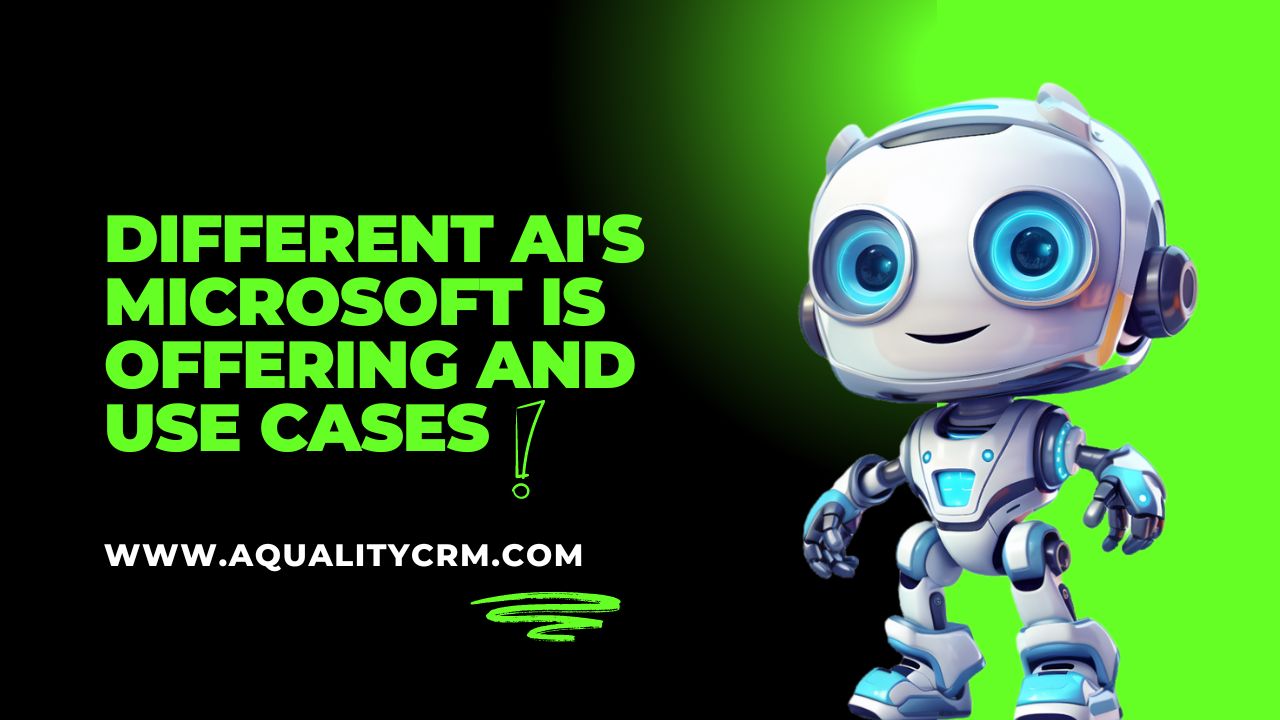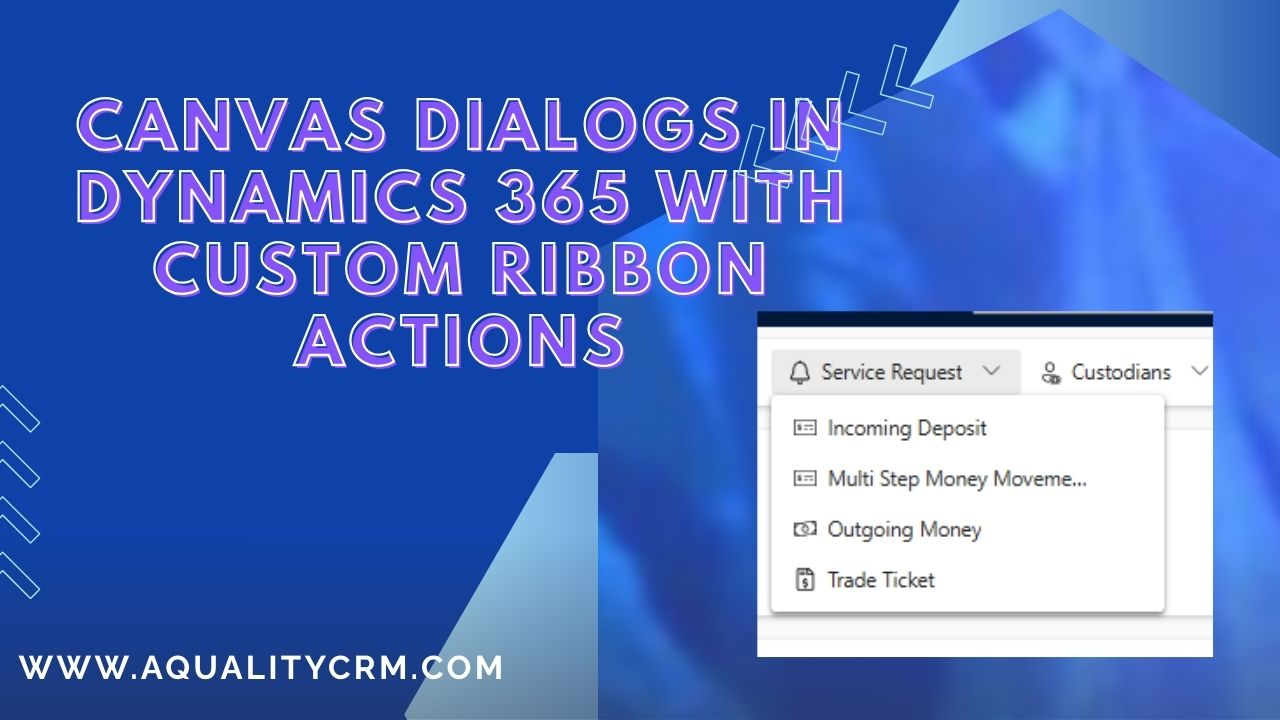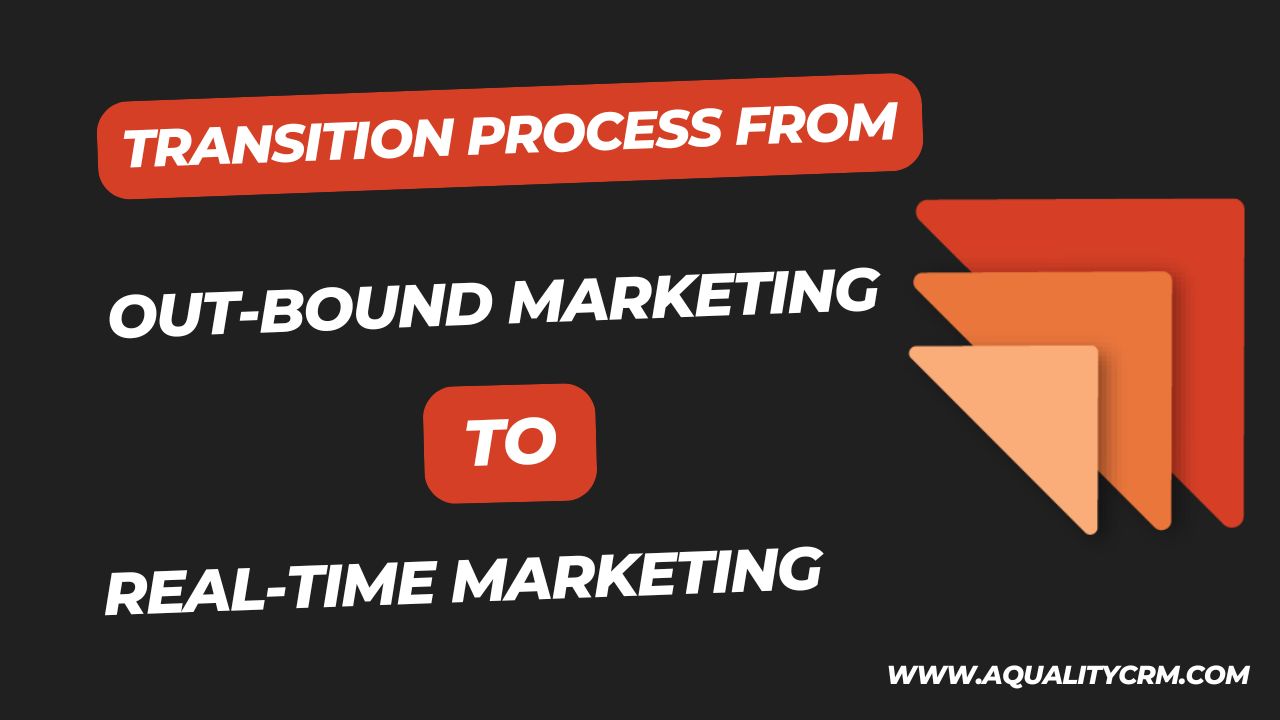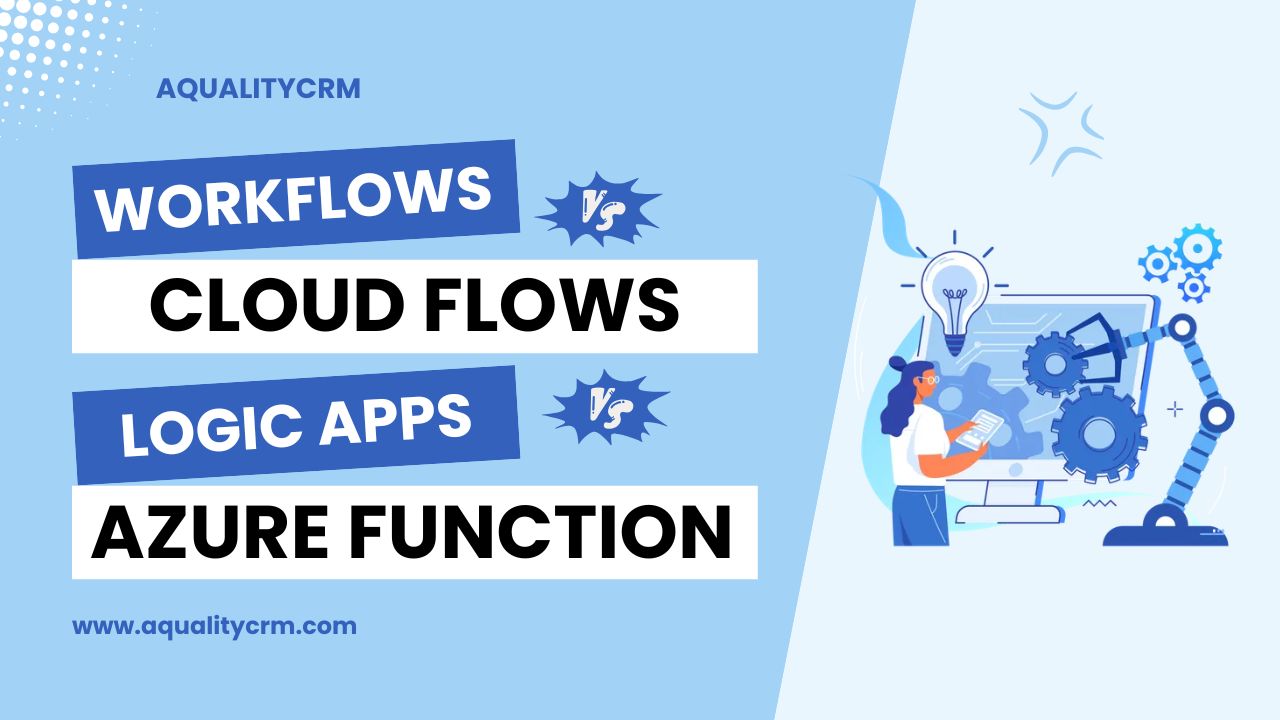In today’s world, using smart technology like artificial intelligence (AI) isn’t just for big companies, it’s for everyone. Microsoft, a big name in computers and clever tech, offers lots of AI tools through its Azure platform. These tools help people make their apps and jobs smarter, whether it’s recognizing pictures or understanding what people say. In this blog post, we’ll talk about some of these cool tools and how regular folks and businesses can use them in their businesses or everyday life.
- Azure Cognitive Services: These are a set of APIs, SDKs, and services available on the Azure cloud that enable developers to build intelligent applications without having AI expertise. They include services for vision, speech, language, and decision-making. Use cases include:
- Computer Vision: Image recognition, object detection, image moderation.
- Speech Services: Speech recognition, text-to-speech, speaker recognition.
- Language Services: Text analytics, sentiment analysis, language translation.
- Decision: Content moderation, personalization, recommendation systems.
- Azure Machine Learning: This is a cloud-based service for building, training, and deploying machine learning models. It supports both code-first and no-code/low-code approaches to model development. Use cases include:
- Predictive Maintenance: Predicting equipment failures before they occur.
- Customer Churn Prediction: Identifying customers likely to churn.
- Fraud Detection: Detecting fraudulent activities in financial transactions.
- Personalized Recommendations: Recommending products or content to users based on their preferences.
- Azure Bot Services: This service enables developers to build, connect, deploy, and manage intelligent bots that interact with users across multiple channels (like web, mobile apps, Microsoft Teams, etc.). Use cases include:
- Customer Support: Providing automated assistance for frequently asked questions.
- Virtual Assistants: Assisting users with tasks such as booking appointments, ordering food, etc.
- Information Retrieval: Helping users find relevant information from knowledge bases or databases.
- Microsoft Power Platform AI Builder: This is part of the Power Platform suite and allows users to add AI capabilities to their apps and workflows using a point-and-click experience. Use cases include:
- Form Processing: Extracting information from documents such as invoices, receipts, etc.
- Object Detection: Identifying objects in images or videos.
- Text Classification: Categorizing text into predefined categories.
- Microsoft Cognitive Toolkit (CNTK): This is an open-source deep-learning framework developed by Microsoft for training deep neural networks. It provides efficient implementations of popular deep learning algorithms. Use cases include:
- Image Recognition: Building convolutional neural networks for tasks like image classification, object detection, etc.
- Natural Language Processing: Building recurrent neural networks or transformers for tasks like text generation, sentiment analysis, etc.
- Microsoft Azure Speech to Text and Text to Speech: These services enable developers to convert spoken language into written text and vice versa, respectively. Use cases include:
- Transcription Services: Converting recorded audio files or live speech into text for meetings, lectures, or customer service interactions.
- Accessibility: Providing real-time text-to-speech capabilities for people with visual impairments or reading difficulties.
- Azure Video Indexer: This service allows users to extract insights from videos using AI. Use cases include:
- Content Summarization: Automatically generating summaries or highlights of long videos for quick reference.
- Content Moderation: Identifying and flagging inappropriate content in user-generated videos.
- Azure Custom Vision: This service enables developers to build custom image classification models using their own labeled images. Use cases include:
- Quality Inspection: Automatically inspecting manufactured products for defects on production lines.
- Retail Analytics: Analyzing in-store camera feeds to track inventory levels or customer demographics.
- Azure Anomaly Detector: This service helps users identify anomalies in time-series data. Use cases include:
- Predictive Maintenance: Detecting unusual patterns in sensor data from industrial equipment to anticipate potential failures.
- Fraud Detection: Identifying abnormal behavior in financial transactions that may indicate fraudulent activity.
- Azure Form Recognizer: This service extracts information from forms and documents using machine learning models. Use cases include:
- Document Digitization: Automatically extracting data from invoices, receipts, or application forms for further processing.
- Compliance Checking: Analyzing legal documents or contracts to ensure regulatory compliance.
In an era where technology is rapidly reshaping industries, Microsoft stands as a pioneer in democratizing access to artificial intelligence (AI). By offering a robust suite of AI tools and services through Azure, Microsoft empowers businesses of all sizes to leverage cutting-edge technology for transformative outcomes. From automating repetitive tasks to extracting actionable insights from data, the Azure AI ecosystem provides the infrastructure needed to drive innovation and gain a competitive edge. As organizations navigate the complexities of the digital age, Microsoft’s commitment to democratizing AI ensures that advancements in technology are not just accessible but also inclusive. With Microsoft as a trusted partner, businesses can embark on a journey of continuous innovation, unlocking new possibilities and driving sustainable growth in an ever-evolving landscape.






